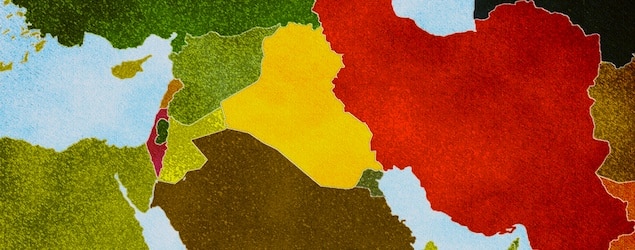Defeating Hamas vs. “Mowing the Grass”

I’ve argued that Israel’s goal in the Gaza war should be to eliminate the threat from Hamas (and allied Islamist groups). That means defeating the enemy, by uprooting its infrastructure and leadership, in order to make the Islamist cause of Hamas and its allies unrealizable (a point I make at length in my book). Difficult though that may be, it is a necessary goal.
But if you observe the Israeli military campaign, in fact that does not appear to be the goal. The actual goal, it seems, is far more limited: to “debilitate the enemy capabilities” in the hope of “a temporary deterrent effect in order to create periods of quiet along Israel’s borders.” That’s how two scholars, Efraim Inbar and Eitan Shamir from the prominent Begin-Sadat Center for Strategic Studies, describe Israel’s goal, which they call a “mowing the grass” strategy. Periodically, Israel aims to weaken Hamas, until the next time it “grows back.”
They regard it as wise. I do not.
Israel pursued a similar strategy in the Gaza war of 2008-9. The grass grew back; here we are today. Hamas and its allies re-armed and built a complex, $10 million network of tunnels to store arms and infiltrate across the border. Hamas acquired rockets with greater range, capable of targeting Tel Aviv and central Israel. (This map from the New York Times illustrates the point.) Just mowing the grass again means Hamas might re-emerge, armed with more, perhaps better, weapons. A crucial related point: allowing Hamas to survive and re-emerge means kindling its mythology and appeal. It affirms the idea that holy warriors can take on a stronger army, survive, and fight another day because they are in the path of Allah. Arguably, that’s like fertilizing the lawn.
Of course, degrading the enemy’s capabilities can buy time, but to pursue that limited objective, rather than the enemy’s conclusive defeat, means accepting the likely recurrence of Hamas aggression. It’s a dismaying example of defining-down success. In that respect, this Israeli approach bears an important resemblance to America’s self-crippled policy in Iraq and Afghanistan.



